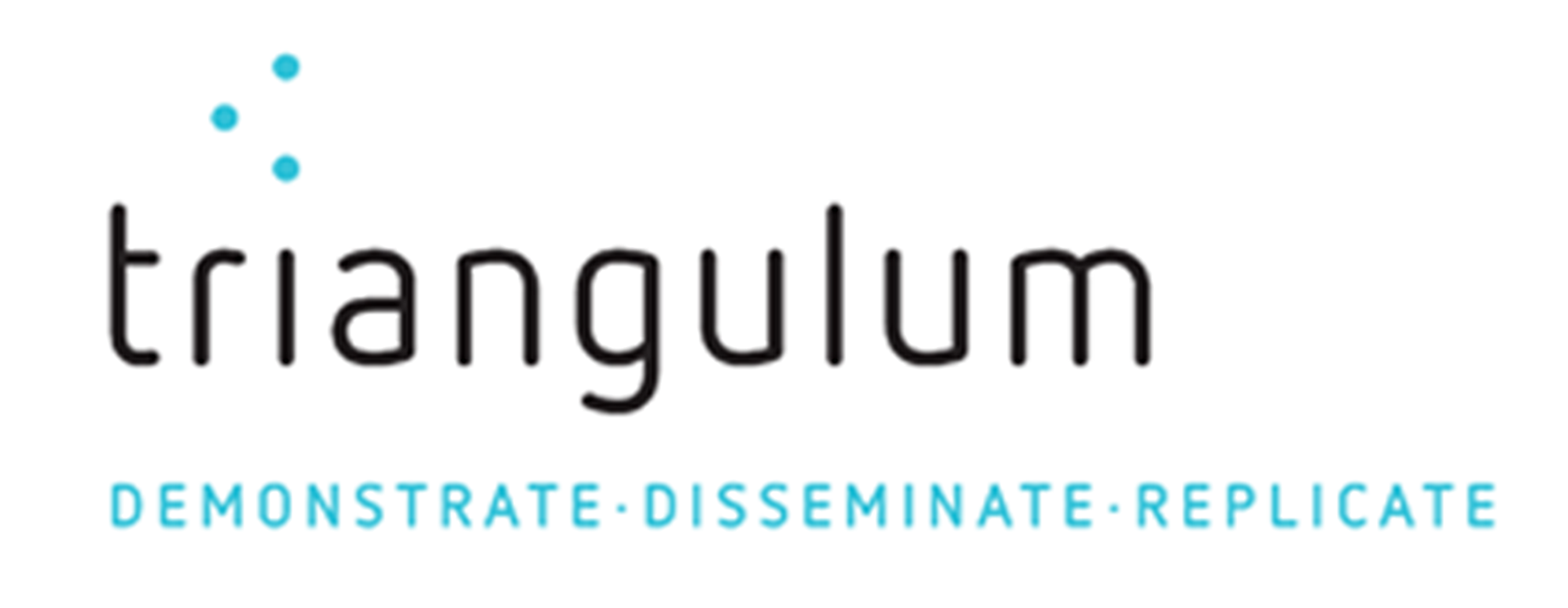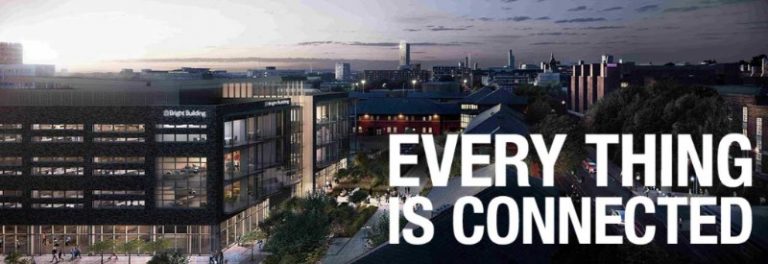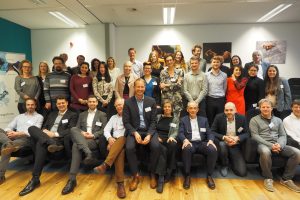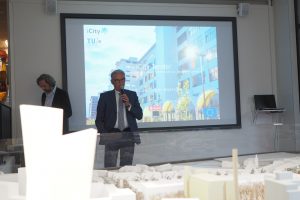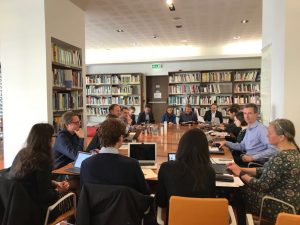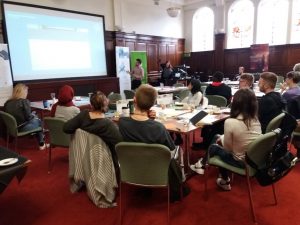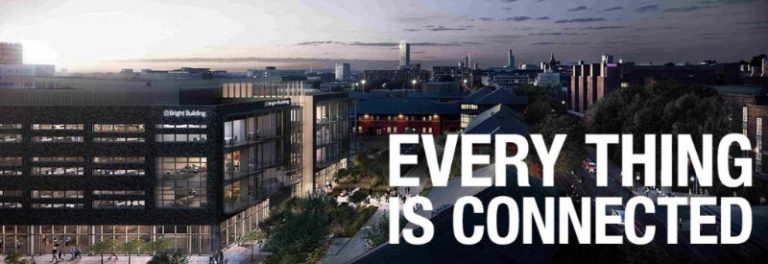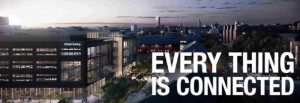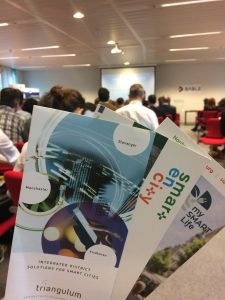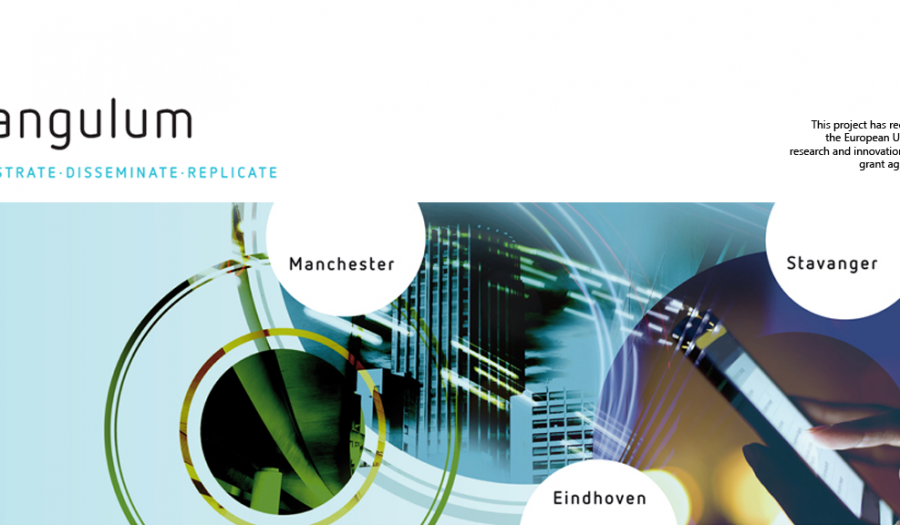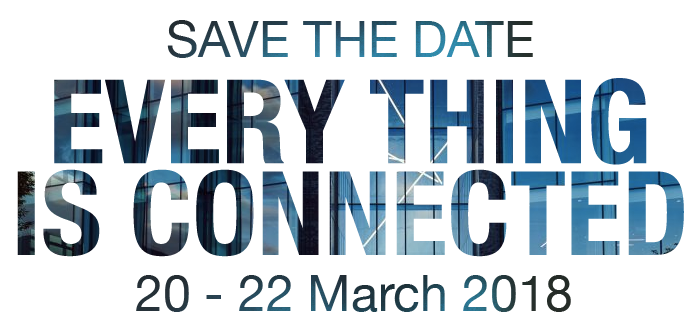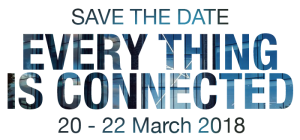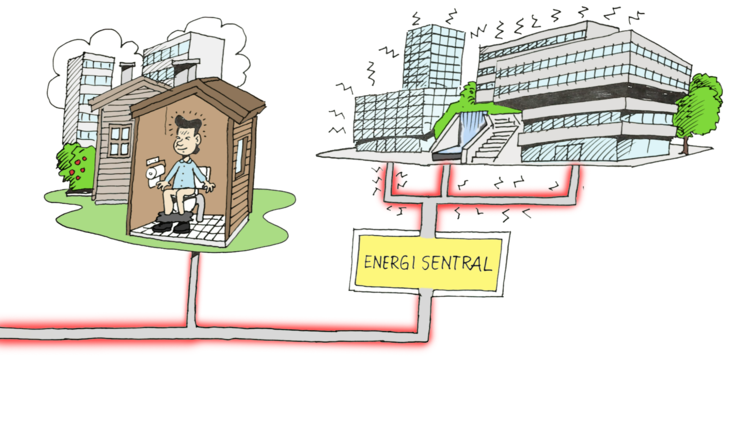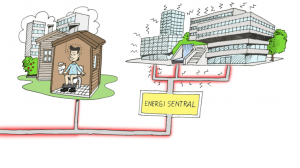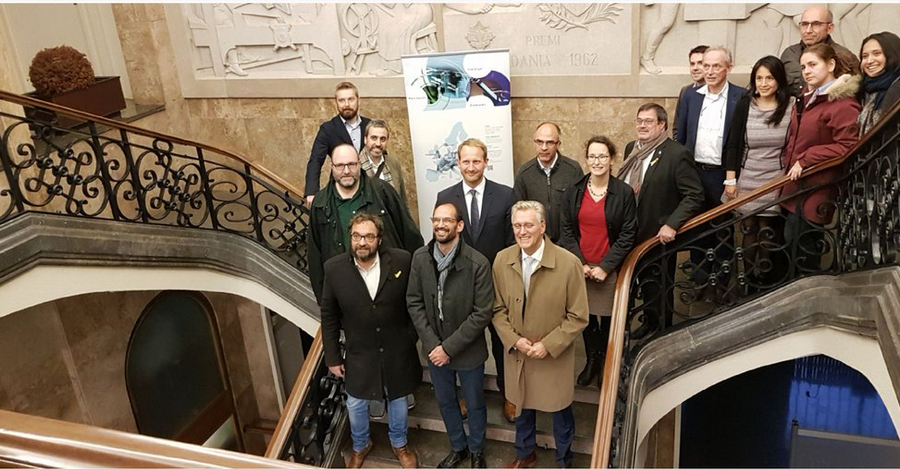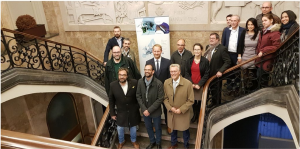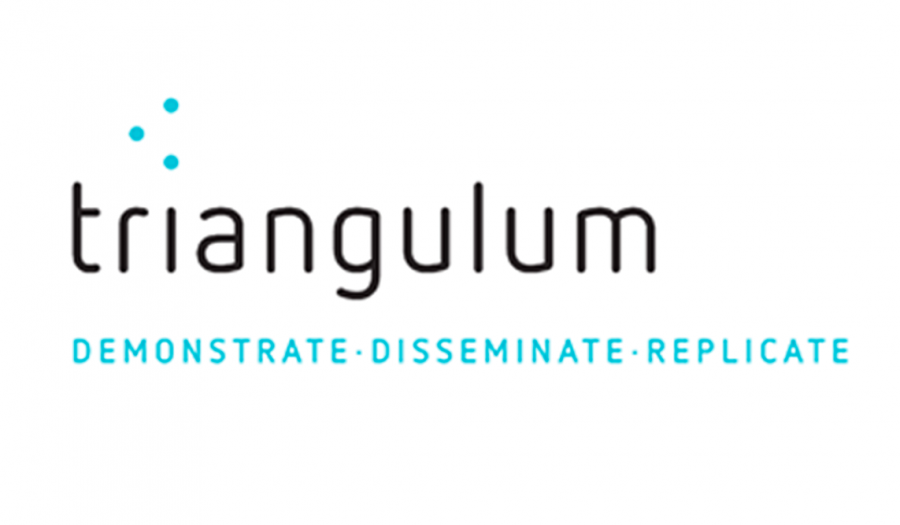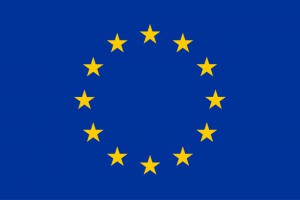From 20-22 March 2018, Manchester welcomed over 300 delegates from 12 countries to three days of showcasing Manchester’s smart city activities. On day 1, the URBACT III project SmartImpact, led by Manchester City Council, shared their outcomes with keynotes and workshops. Resources can be found at their project website. On day 2, participants saw CityVerveand Triangulum ‘in action’, with demonstrations of various applications developed in relation to the themes of energy, environment, health and social care and culture. Day 3, hosted by Future Everything, brought together academics, innovators and thinkers to consider issues raised by a data driven society.
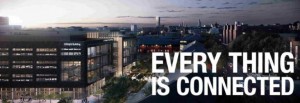
(Picture: Every Thing is Connected)
Triangulum offered the chance to test an electric cargo bike and discuss with Manchester Metropolitan University and the University of Manchester the advantages of electric vehicles in an Estate Fleet. Both the cargo bicycles and the vehicles have telematics systems installed, which then feed journey data directly via an API into the Manchester Triangulum data platform Manchester-I.
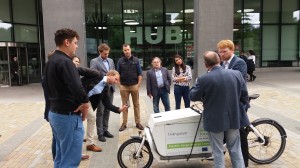
(Picture: Triangulum Manchester)
Visitors also toured Manchester Metropolitan University’s Birley Campus Energy Centre for an introduction to a wide variety of the Triangulum energy interventions such as solar PV panels, electrical Energy Storage capacity, an innovative Demand Side Response platform and a Siemens Microgrid controller. Visitors also learned how these combine with the existing Combined Heat and Power plant and private heat and power network of the campus. Overall, it was a very successful event with lots of new ideas and exchanges!
